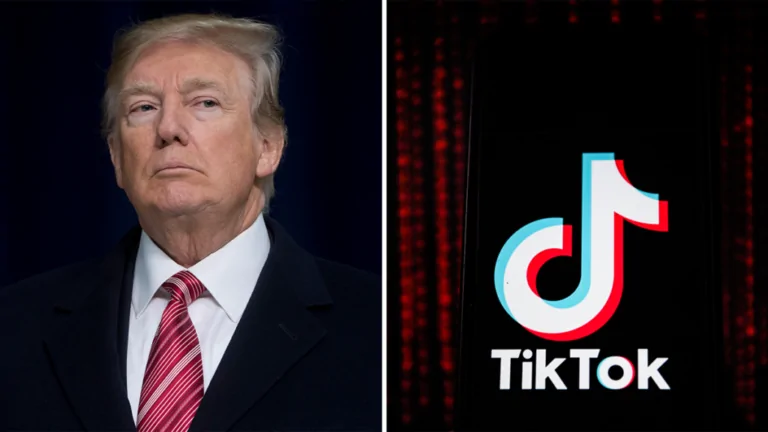“Why Are ‘Hundreds’ of Companies Blocking DeepSeek? The China Data Risk Behind the Ban”

This week, a new Chinese chatbot, DeepSeek, made waves across the U.S. It soared to the top of the Apple and Play stores, while major U.S. cloud providers like Microsoft started offering it on their platforms. However, despite its success, DeepSeek is facing serious scrutiny and resistance from various sectors in the U.S.
The Sudden Surge of DeepSeek
DeepSeek has taken the tech world by surprise, quickly becoming one of the most downloaded apps. With its powerful AI capabilities, it has drawn attention from both businesses and tech giants alike. Microsoft, one of the largest cloud providers, even began integrating the chatbot into its services, showing how quickly the tool has gained traction.
DeepSeek, a Chinese chatbot that recently surged to the top of the U.S. app stores, is facing widespread backlash from businesses and organizations, with many citing serious concerns over data security. “Hundreds” of companies, including those with ties to the government, are blocking the service due to fears that user data could be accessed by the Chinese government, thanks to China’s laws requiring companies to share data with intelligence agencies. This has led to growing resistance, with major cybersecurity firms and even U.S. military branches like the Pentagon and Navy taking steps to prevent its use, highlighting the tension between innovation and national security.

Credits:Reuters
Major Concerns Over Data Privacy
While the chatbot’s rise seems unstoppable, there is growing concern over its data privacy policies. According to a report by Bloomberg, many companies—especially those with connections to the U.S. government—are actively blocking DeepSeek. These companies, worried about the potential risks, are particularly concerned about how DeepSeek handles user data.
One of the main fears is the possibility of the AI model leaking sensitive information to the Chinese government. Nadir Izrael, CTO of the cybersecurity firm Armis, highlighted this as the “biggest concern.”
Data Storage in China: A Red Flag?
What’s fueling these concerns? DeepSeek’s privacy policy reveals that all user data is stored in China, where the law requires companies to share information with Chinese intelligence agencies if requested. This puts a large question mark over the safety of the data, especially for businesses or organizations dealing with sensitive or classified information.
The controversy surrounding DeepSeek is not just about its AI capabilities, but about the potential risks associated with how it handles sensitive information. The chatbot’s privacy policy states that all user data is stored in China, where government access is mandatory under local laws. This raises alarms for companies and government agencies, especially those dealing with classified or confidential data. While DeepSeek’s rapid rise showcases its technological prowess, the growing pushback underscores the broader concerns over data privacy and the geopolitical implications of using foreign technology in critical sectors.

Credits:Reuters
U.S. Government Steps In
The concerns over DeepSeek’s data practices have not gone unnoticed by the U.S. government. Bloomberg Law reported that the law firm Fox Rothschild in San Francisco has already blocked the chatbot due to these worries. On a larger scale, the Pentagon has started blocking the app, with the Navy taking action even earlier, banning it last week.

Conclusion: A Balancing Act of Innovation and Security
DeepSeek’s rise in popularity highlights the increasing integration of AI technologies into everyday business and government operations. However, as it makes its mark, it also raises important questions about data security and national security concerns. While AI has immense potential, its use—especially when tied to international entities—demands careful consideration of privacy and safety.
For now, the rapid success of DeepSeek in the U.S. is balanced by skepticism and caution, as the debate over data privacy and security continues to evolve.






